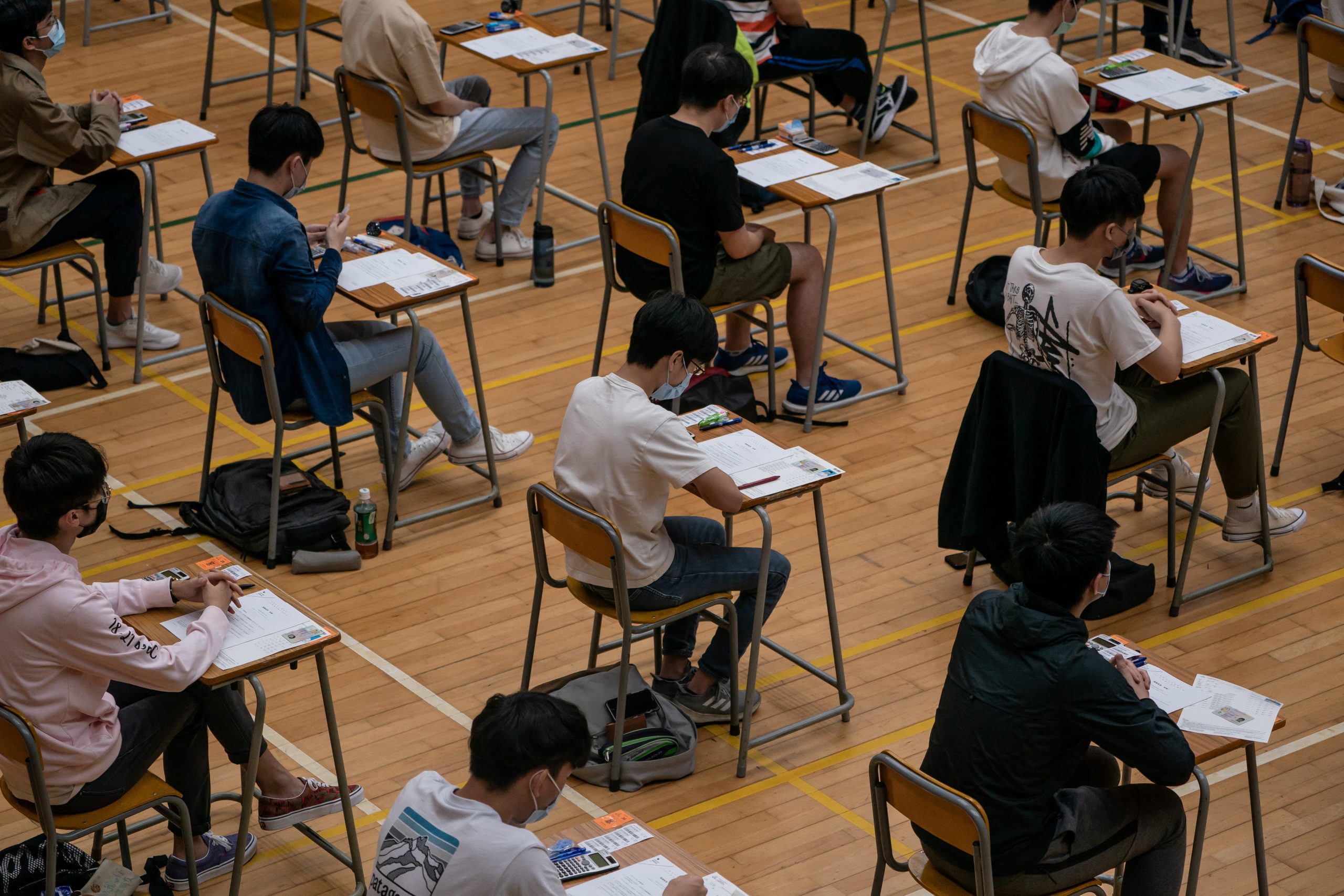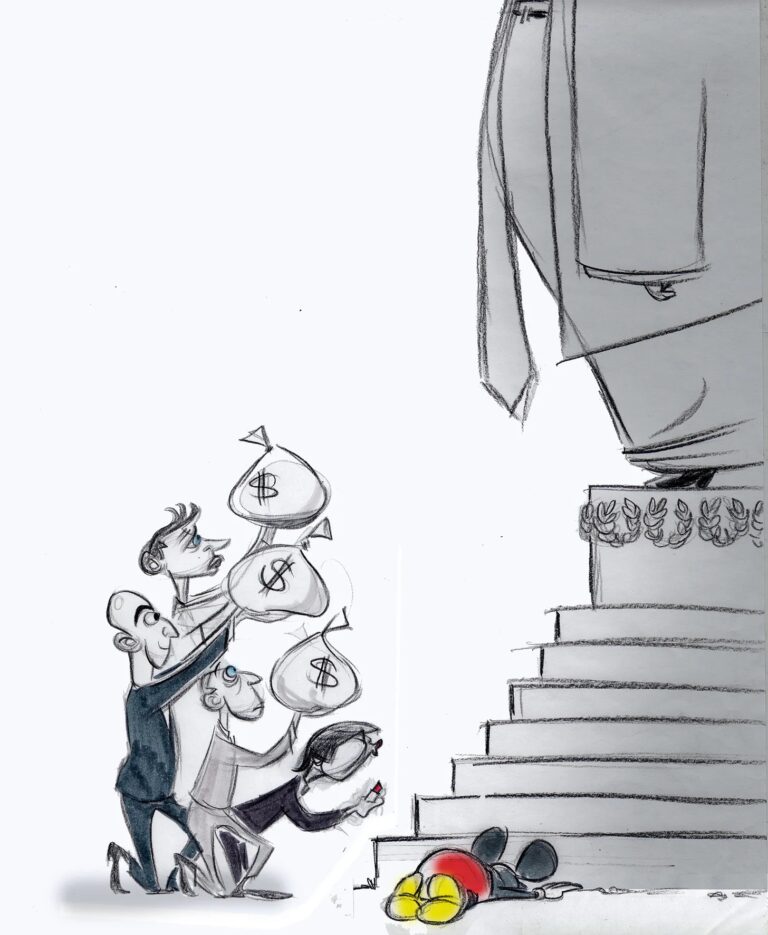The current education system is in dire need of reform. It has remained stagnant for far too long, failing to adapt to the changing needs of modern society. As a result, students are not being adequately prepared for the future.
One of the most paramount issues in the education system that has prevailed to date, even after social evolution, is the inequality in access to quality education. Socio-economic status often determines the quality of education a student receives (a study revealed that in Hong Kong, students from low-SES families were more likely to have lower academic achievement, with an average difference of 0.7 standard deviations in test scores between low-SES and high-SES students). Individuals from the upper strata tend to have superior resources, while low-income communities are left behind on the upward mobility ladder. The aforementioned disparity is further exacerbated by the fact that many countries allocate more resources to their military than to human development (health, education, and social welfare).
The gap between international schools and local schools is another issue that needs to be addressed. International schools often have more access to resources, higher teacher salaries, and specialized curriculum, while local schools struggle to keep up. This creates an unfair playing field for students.
Ranking systems in schools can have a detrimental effect on students’ mental health and learning environment. The pressure to achieve high rankings can lead to increased stress, anxiety, and a decreased sense of self-worth. It can also stifle creativity and innovation, as students focus solely on achieving higher scores rather than learning for the joy of learning or grasping knowledge, which is meant to enlighten one’s mind rather than deteriorate their mental health.
Furthermore, rankings can lead to unhealthy competition among students, which can result in bullying and teasing. It is crucial for schools to recognize the potential negative impacts of ranking systems and consider alternative methods of assessment that focus on individual growth and development. An individual should not be labeled by a number on the basis of their results on a particular test; one should not feel a sense of superiority. Schools should not promote a wrong ethos, as it can be interpreted in several ways, which could be damaging to society as a whole. Especially when a student is at the stage of vital intellectual development, the foundational personality is laid during this period.
The current education system is failing to provide adequate mental health support to students. Long hours of studying, heavy workloads, and high-pressure exams can lead to mental health issues such as depression and anxiety. Despite the importance of mental health, many schools lack the resources or moral competence to provide students with the support they need. This lack of investment in mental health has serious consequences. It is essential for schools to invest in viable mental health services, such as counseling and therapy, and provide mental health education to students. Only then can we create a healthier and more successful generation of students.
The education system is in desperate need of reform. We must address the inequalities in access to quality education, the negative impact of ranking systems, and the lack of investment in mental health resources. It is time for schools to step up and provide students with the support they need to succeed in school and in life. Only then can we create a more equitable and effective education system that prepares students for the challenges of the future—not to be subservient to the people in power.
Education is the ability to listen to almost anything without losing your temper or your self-confidence.
Robert Frost






